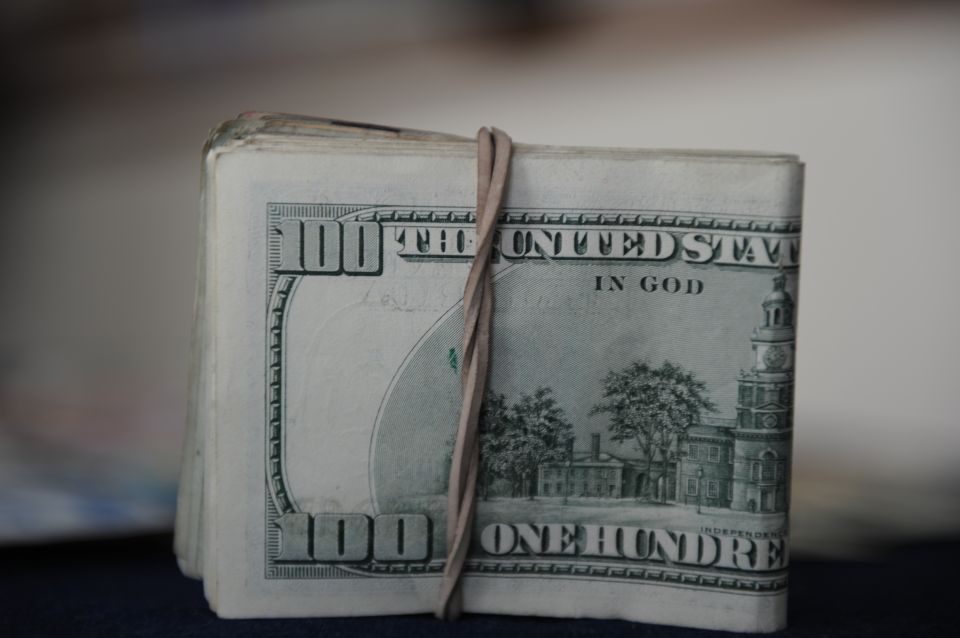- After inflation was placed in August at 8.3% compared to the previous year, the Federal Reserve would be preparing new adjustments in its monetary policies ahead of its new meeting to be held in the coming days.
The upcoming Federal Reserve meeting will be crucial for the history books. On Wednesday, September 21, the Fed will announce the new adjustments in its immigration policies, in its attempt to curb runaway inflation in the United States.
Some specialized business media, such as CNN, estimate that the increase would be 0.75%, which would make it the third consecutive increase with this measure. Nor does it rule out the possibility that this is an unprecedented percentage point.
The latest Fed adjustment recorded so far is 0.75% and it came at the end of July. Prior to the move, another hike of 0.75% was applied in June – the first largest increase since 1994–, another of 0.5% in May and one more of 0.25% in March.
The Fed’s decision will be given as a reaction to the most recent report from the Bureau of Labor Statistics, whose year-on-year inflation in August was 8.3%, preceded by 8.5% in July, 9.1% in June, 8.6% in May, 8.3% in April and 8.5% in March.
The new increase in interest rates could translate into higher costs to obtain mortgage loans or to buy a car, or even to obtain a business loan.
One of the problems facing the Fed is that the economy is too hot for its liking. The labor market today shows signs of strength, there is consumption at a healthy pace and housing prices remain high despite the fact that there has been no substantial increase in mortgage rates, say specialists.
The fear of analysts is that the constant rises in rates could lead to the economy cooling down more than the central bank would like and lead to a battle against deflation.
Opinions on Wall Street about whether the Fed will continue to apply aggressive monetary policies for November are divided. Some expert forecasts for the Fed’s key short-term interest rate after the November meeting range from 3.5% to 4% By December, economists forecast rates could be as low as 3.75% or as high as 4.5% .

